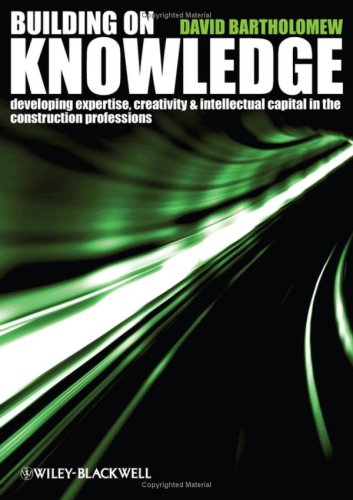

Most ebook files are in PDF format, so you can easily read them using various software such as Foxit Reader or directly on the Google Chrome browser.
Some ebook files are released by publishers in other formats such as .awz, .mobi, .epub, .fb2, etc. You may need to install specific software to read these formats on mobile/PC, such as Calibre.
Please read the tutorial at this link: https://ebookbell.com/faq
We offer FREE conversion to the popular formats you request; however, this may take some time. Therefore, right after payment, please email us, and we will try to provide the service as quickly as possible.
For some exceptional file formats or broken links (if any), please refrain from opening any disputes. Instead, email us first, and we will try to assist within a maximum of 6 hours.
EbookBell Team

0.0
0 reviewsKnowledge is supplanting physical assets as the dominant basis of capital value and an understanding of how knowledge is acquired, shared and used is increasingly crucial in organisational success. Most business leaders recognise this, but few have yet succeeded in making it the pervasive influence on management practice that it needs to become; that has turned out to be harder than it looks.
Construction professionals are among those who have furthest to go, and most to gain. Design is a knowledge-based activity, and project managers, contractors and clients, as well as architects and engineers, have always learned from experience and shared their knowledge with immediate colleagues. But the intuitive processes they have traditionally used break down alarmingly quickly as organisations grow; even simply dividing the office over two floors can noticeably reduce communication. At the same time, increasingly sophisticated construction technology and more demanding markets are making effective management of knowledge ever more important. Other knowledge-intensive industries (such as management consultancy, pharmaceuticals, and IT), are well ahead in adopting a more systematic approach to learning and sharing knowledge, and seeing the benefits in improved technical capacity, efficiency, customer satisfaction and reduced risk.